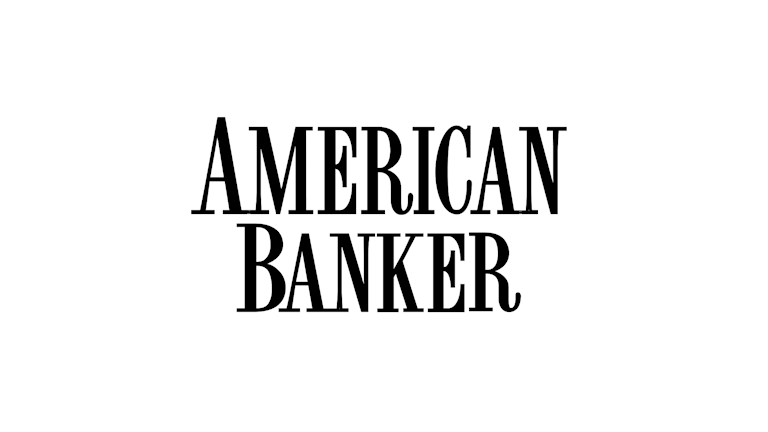CVS Health announces $69 billion acquisition of Aetna
It’s possible that antitrust regulators won’t approve this deal, just like other recent major mergers in this space, but if it does hold up, it will go down as the largest health insurance deal in history
CVS Health announced this weekend that it has agreed to acquire Aetna in a $69 billion dollar merger that is the largest ever in the health insurance industry.
On Sunday, Dec. 3rd, a press release from Woonsocket, R.I.-based CVS Health noted, “Under the terms of the merger agreement, which has been unanimously approved today by the boards of directors of each company, Aetna shareholders will receive $145.00 per share in cash and 0.8378 CVS Health shares for each Aetna share. The transaction values Aetna at approximately $207 per share or approximately $69 billion. Including the assumption of Aetna's debt, the total value of the transaction is $77 billion.”
According to CVS Health officials, “This transaction fills an unmet need in the current healthcare system and presents a unique opportunity to redefine access to high-quality care in lower cost, local settings whether in the community, at home, or through digital tools.”
What’s more, according to a report in the Chicago Tribune, the deal “would create an industry giant with over $240 billion in annual sales with a hand in insurance, prescription drug plan administration, retail pharmacies and corner clinics. The companies said the combination will save $750 million in costs and bring consumers better, more efficient healthcare.”
The news of this deal comes almost a full year after a federal judge blocked a merger that would have resulted in the Hartford, Conn.-based Aetna acquiring Louisville, Ky.-based insurer Humana, which at the time was the largest acquisition of its type in the history of health insurance in the U.S., reported at $37 billion. “The transaction would violate antitrust laws by reducing competition among insurers,” U.S. District Judge John D. Bates in Washington said at the time. Similarly, a proposed combination of two other health insurers, Anthem and Cigna, was also shot down this year.
Although this deal does not involve two health insurance companies like the other ones that got rejected, it is possible that antitrust regulators could disapprove this one as well, according to a CNN Money report. But if it were to get approved, it would go down as the largest health insurance deal in history, far exceeding Express Scripts' $29 billion acquisition of Medco in 2012, according to the CNN report.
When rumors ramped up earlier this fall that the deal was being seriously discussed by the two organizations, one industry observer, Larry Briski, a director in West Monroe Partners' Healthcare & Life Sciences practice, pointed out that a core obstacle in care management is access to full pharmacy information and having the ability to influence taking drugs on time. Briski said in an emailed statement at the time, “A CVS-Aetna merger will have the ability to impact drug compliance while being integrated into the care team in an unprecedented way. While people are picking up prescriptions, we can tell them at the point of retail that they need to get a check-up or have a specific test completed. Having a reliable place to interact with the member face-to-face is a missing component to the successful engagement of members today, from a health payer’s perspective. Additionally, a combined CVS-Aetna data will allow them to drive member toward the most effective, cheapest drugs available and gain cost efficiencies.”
To this end, officials from the organizations said that with this merger, “Consumers will benefit from a uniquely integrated, community-based healthcare experience. The combined company will also be able to better understand patients' health goals, guide them through the healthcare system, and help them achieve their best health.”
Click here to continue reading the article as it appears in Healthcare Informatics.


